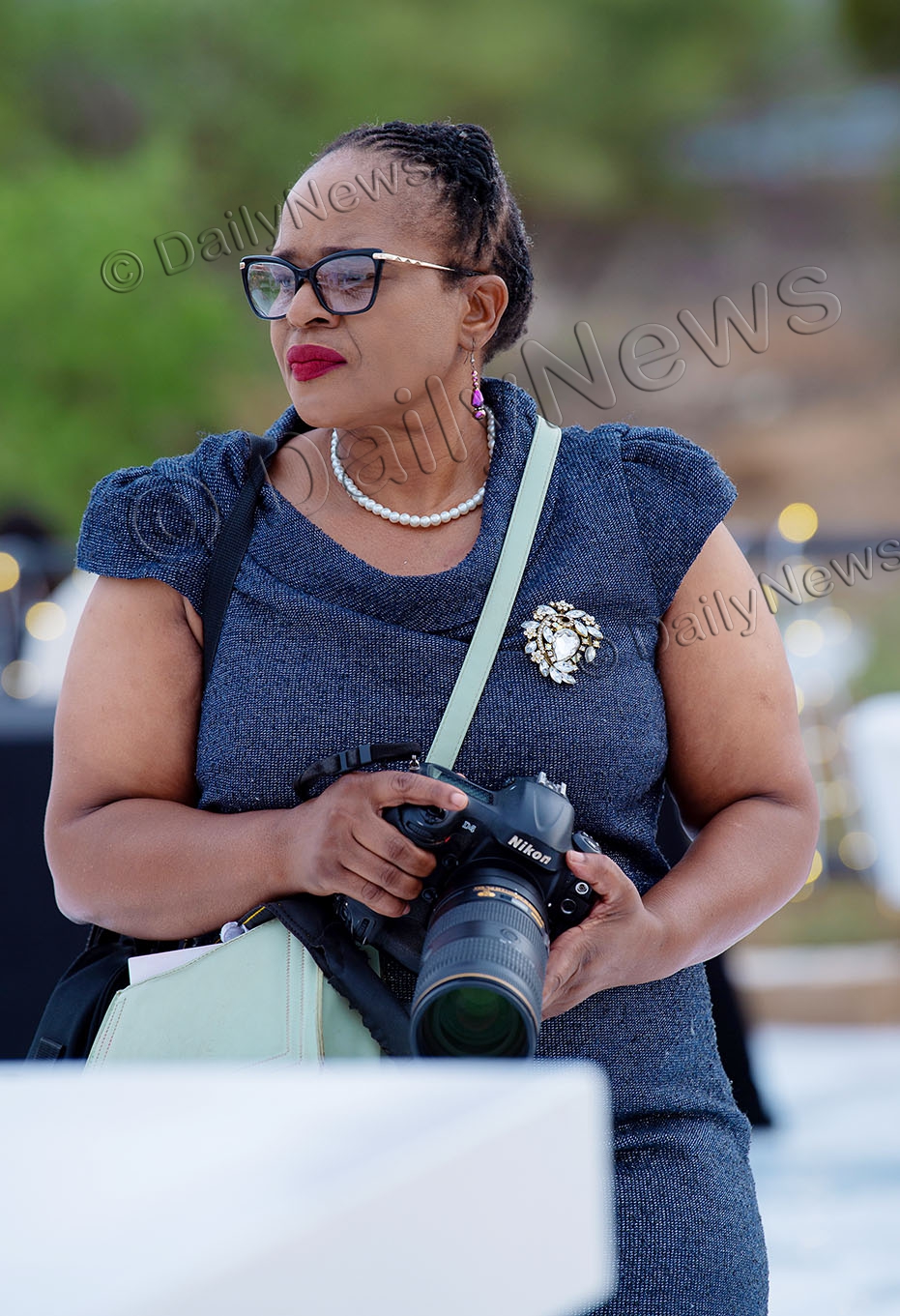Cervical cancer preventable - survivor
31 Jan 2024
After initially ignoring a persistent pelvic discomfort, when she eventually checked into a private hospital she was diagnosed with fibroids.
But the pain continued, and in January 2010, she decided to seek medical check-up as part of her new year’s resolutions for a healthy life.
During consultation, she mentioned the pelvic discomfort, for which she was referred for a pap smear.
“I had always done pap smear, though not regularly; maybe after three years or so,” said Ms Felicity Male, a journalist with one of the media houses in Gaborone.
Learning that her results were positive brought her shock and she felt her world crumbling down.
“I already thought of death. I was shattered,” she said. “Biopsy results confirmed that I had stage III cervical cancer, and it was hard news, especially when I thought of my children.
“The younger one was only eight years old, and the elder brother had just started tertiary. The thought of them being without a mother troubled me and I decided I was going to beat this monster.”
The scan results also confirmed the diagnosis, and she requested that her uterus be removed, which was not a difficult decision to make since she already had children, but doctors assured her that with a positive mind she could beat the cancer.
Felicity was initially referred to Princess Marina Hospital, and later Gaborone Private Hospital, for treatment.
“I started treatment in March 2010, and stuck to the treatment routine. At the end of the sessions the pathology report showed that the cancer had cleared, but I needed to be monitored closely in case of recurrence,” she explained.
She stated that before treatment she underwent counselling, where she was encouraged to have a determination to live, adding that counselling helped her to have the will power ‘to beat the cancer monster’.
“I knew cancer as a killer, but the counsellor was telling me it was not a death sentence, so I had to realign my mental health positively, and put God first.
“Fear can all be encompassing, but so can hope,” she said.
Felicity explained that it was hard to share the news with her eldest son to a point where she wrote him a letter and put it in his travelling luggage.
“He only got to see the letter while at school and I explained to him and promised him not to worry as it was under my feet. I have to be honest.
The actual treatment for cancer is a test of faith. During treatment, one completely loses appetite. As for me, I could only eat traditional food, such as morogo wa dinawa, beans and others. I had to contend with nausea, diarrhoea, fatigue, and puking,” she said.
She explained that she managed to summon the strength that she never knew she had, and stopped worrying, but instead created a healthy space for herself as she did not want any day to be a sad one.
On treatment visits, she met with people in the same situation and they would encourage one another, advising others also diagnosed with cervical cancer that, ‘you are not alone, there are other people going through the same journey’.
Felicity talks highly of the importance of support, especially from close associates.
“My elder sister moved me to her house for a couple of months while I was undergoing treatment. I also received support from my partner who transported me to all my sessions without fail,” she disclosed.
She pointed out that unlike before, these days cancer patients spent less time in the hospital and more at home.
This means caregivers dealt with the work that used to be handled only by trained healthcare professionals.
“My family never treated me like a person with cancer, they never stigmatised me. I was my usual self Fela, a mom, a sister, an aunt, and a warrior, ‘not molwetse’ and that was a big comfort for me,” she said.
Between March and September 2010, she received radiation and chemotherapy once a month.
Felicity called on women to go for regular screening, saying facilities for treatment were available, should they test positive.
She advised that pre-cancer can be managed before it develops into cancer, adding that not going for pap smear or pap screening puts them at a risk of developing advanced cervical cancer.
“For the sake of your health go for pap smear,” she urged women. Likewise, she also calls upon every parent with a daughter around the ages nine to 26 to take them for HPV vaccine.
“The vaccine prevents most anal, penile, vaginal and vulvar cancers, plus HPV-related throat cancers.” She believes that a combination of those approaches can help to prevent the burden of cervical cancer and its resultant morbidity and mortality.
She also talked about the value of maintaining a positive outlook during treatment and recovery, saying that even up to today some patients are referred to her for counselling and testimony.
She calls on all cancer patients to hold onto hope. “We should always be hopeful that we might one day finally be done with cancer and continue with our lives the way we want to. Have a will to live,” she advised. Ends
Source : BOPA
Author : Lesedi Thatayamodimo
Location : GABORONE
Event : Interview
Date : 31 Jan 2024






